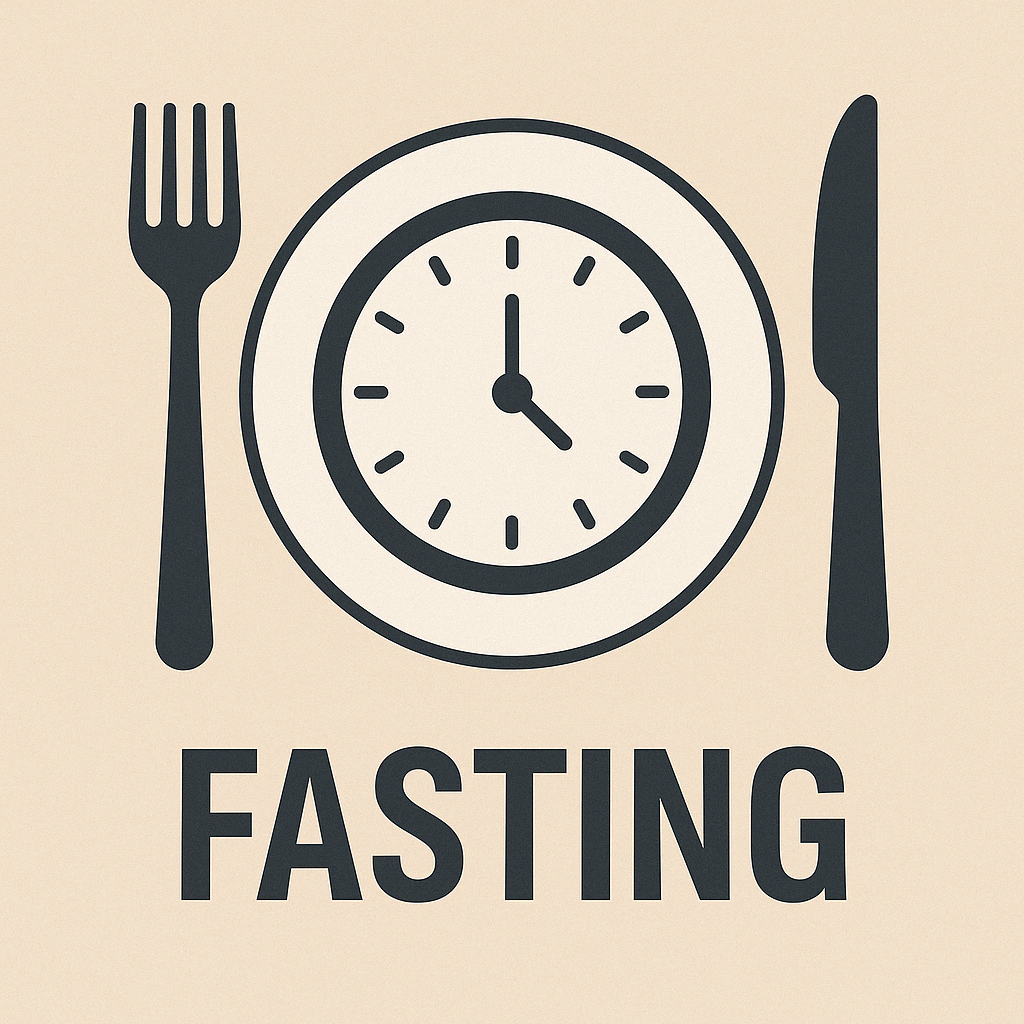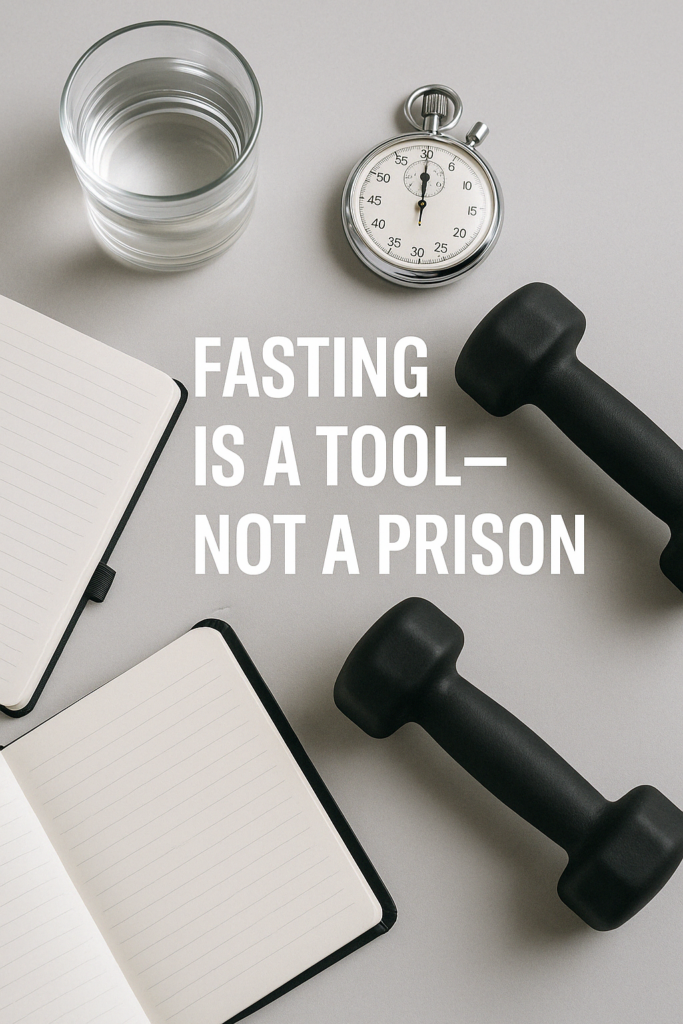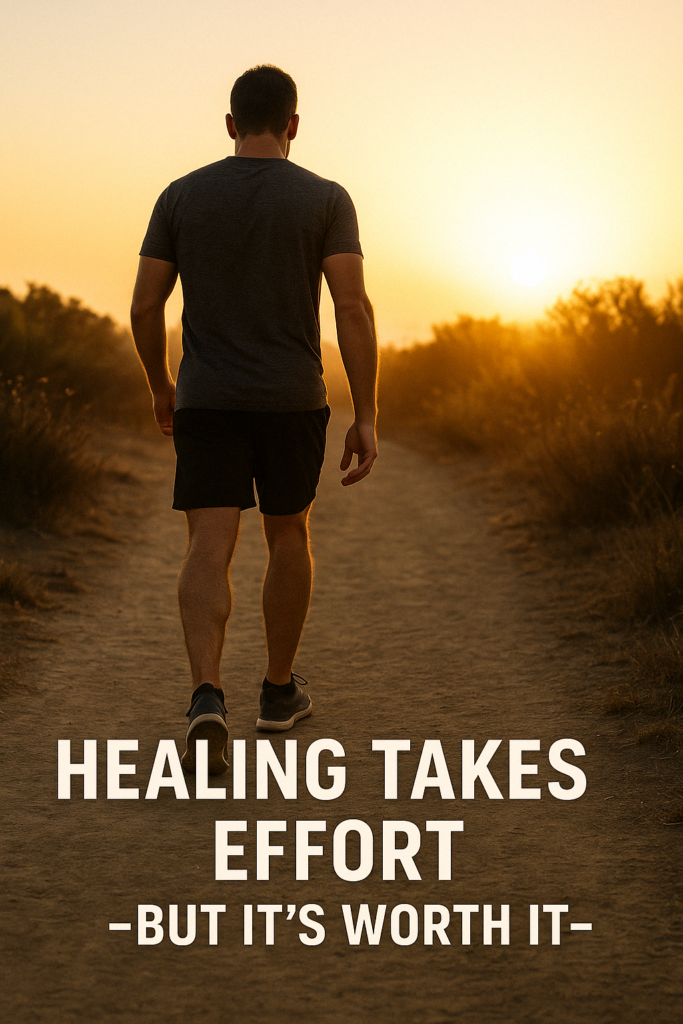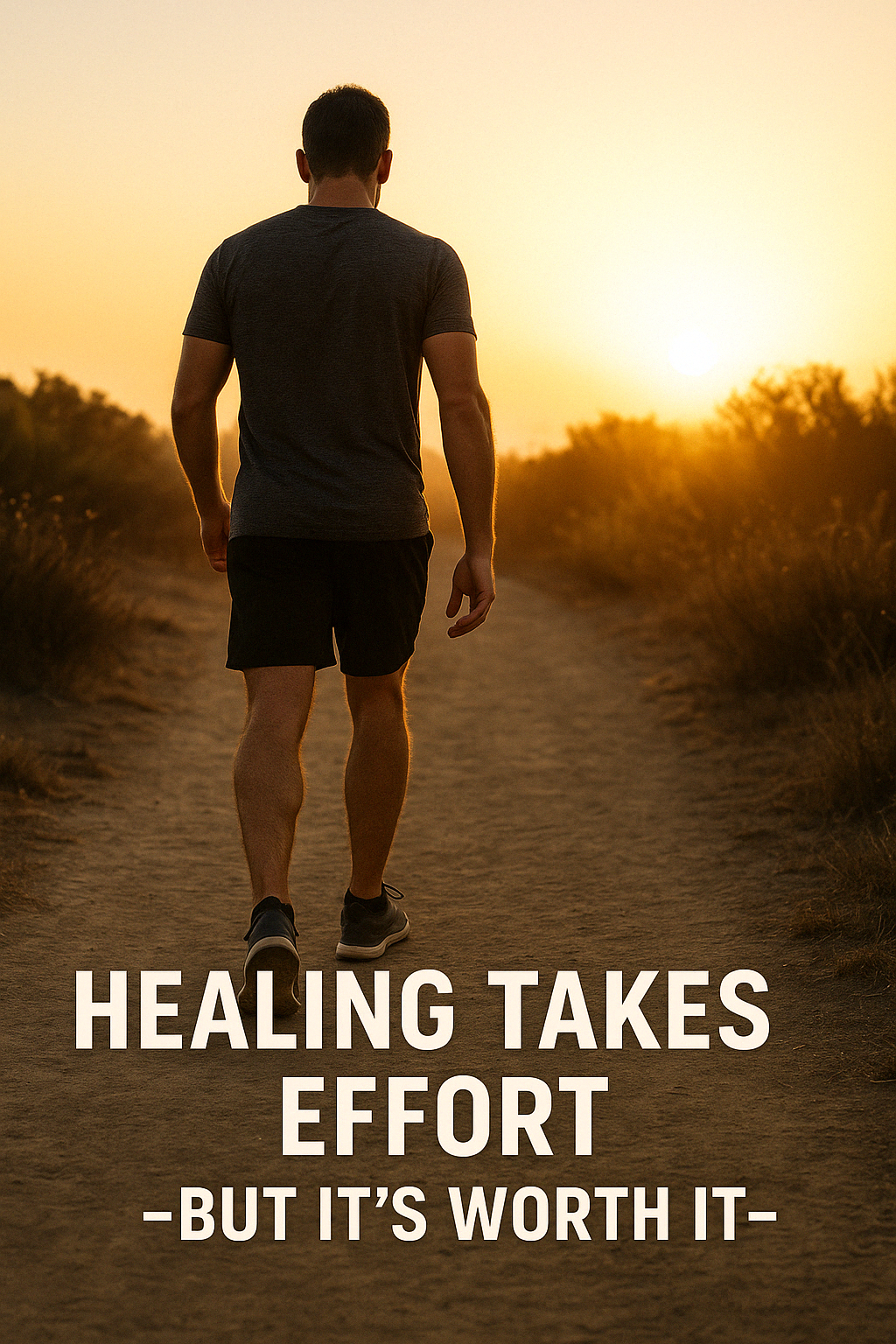Fasting for Ulcerative Colitis Helped Me Avoid Surgery
Doctors told me I’d need my colon removed. I was bleeding daily. Worn down. Hopeless.
They offered me prescriptions. More prescriptions. Then surgery.
But nobody talked about food. Nobody talked about healing.
And definitely nobody talked about fasting.
So I decided to heal myself.

What I Did (And Why It Worked)
I wasn’t reckless—I was desperate. I had to find a way out.
That led me to experimenting with fasting for ulcerative colitis, alongside other lifestyle changes that helped me recover fully. No drugs. No surgery.
Here’s exactly what I tried:
Intermittent Fasting (16:8)
Fasting 16 hours a day and eating in an 8-hour window gave my digestive system a chance to rest and reduced inflammation fast.
24-Hour Food Fasting
I stopped eating for 24 hours but still drank water, tea, or black coffee. This gave my body time to reset without losing hydration.
24-Hour Water Fasting (Dry Fast)
This means no food, no water. I didn’t try this until recently, but it helped trigger deep healing in ways other methods hadn’t. Do this cautiously—dry fasting is powerful but intense.
Extended Fasting (3 to 5 Days)
I’ve done multi-day fasts. It was brutal—but effective. My skin cleared, digestion reset, and inflammation dropped. I could feel my body cleaning house.
Ketogenic Diet (Temporary Tool)
Keto helped me stabilize my blood sugar and energy while reducing inflammation. But I don’t eat that way forever—it’s just a phase. Like fasting, it’s a tool, not a way of life.

Why Fasting for Ulcerative Colitis Works
Fasting taps into your body’s natural healing systems:
- Reduces inflammation: PMC study shows fasting helps calm the immune system.
- Triggers autophagy: Research shows it cleans out damaged cells.
- Improves gut function: Science supports it, and I’ve felt it first-hand.
- Boosts metabolism: NCBI shows improved insulin sensitivity and fat adaptation.
I’m not quoting these to sound smart. I’m showing you this is real.
It saved me—and it might help save you.
Fasting Isn’t Forever. It’s a Phase.
Let’s be clear: just because a little fasting helps doesn’t mean more is better.
You don’t fast for life. You use it when needed. Then you transition into sustainable habits. I eat carbs. I eat late sometimes. I go on dates, stay up late with my fiancée, party with friends, and still stay healthy.
Why? Because my foundation is solid. And when I need a reset, I know the tools to reach for.
Most People Are Living in Reverse
They eat like every day is a party.
They move like every day is a nap.
They’re not lazy—they’re lost. No purpose. No momentum. Just pain.
So they numb themselves with food that destroys their gut and skip the hard things that heal it.
You want freedom? You’ve got to work for it.

Most Doctors Won’t Talk About This
They’re not trained in nutrition. They don’t understand fasting.
They push prescriptions. They follow protocol. That’s it.
And truthfully?
Most of them look just as sick and inflamed as the people they’re treating.
This isn’t about blame. It’s about reality.
The system profits when you stay sick. So you’ve got to step outside the system if you want to heal.
Work With Me
I’m not a doctor. But I’m obsessed with helping people recover from chronic illness—because I did it myself.
I coach people with:
- Gut dysfunction
- Autoimmune issues
- Chronic fatigue and inflammation
- Emotional eating and metabolic damage
I’ll work with your doctor if needed. But I’m going to show you the things they never will:
How to eat, move, fast, and live like your body matters.
Let’s Get to Work
Healing is possible. You don’t have to live this way.
Fasting for ulcerative colitis helped me reverse what was supposed to be a lifelong disease. If I can do it—so can you.

